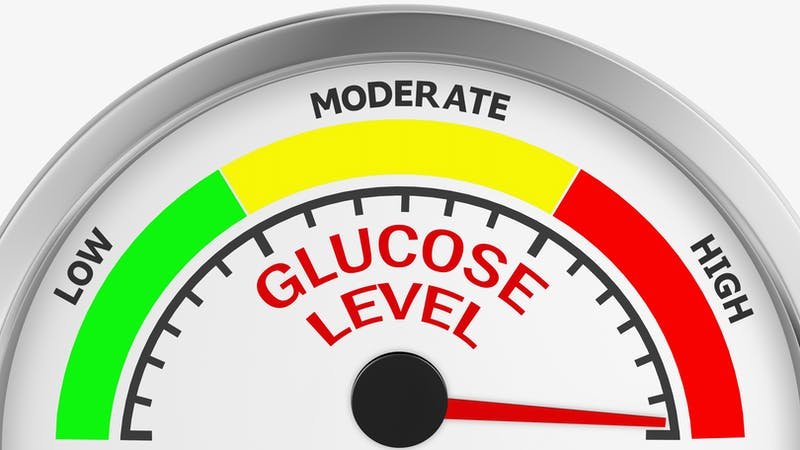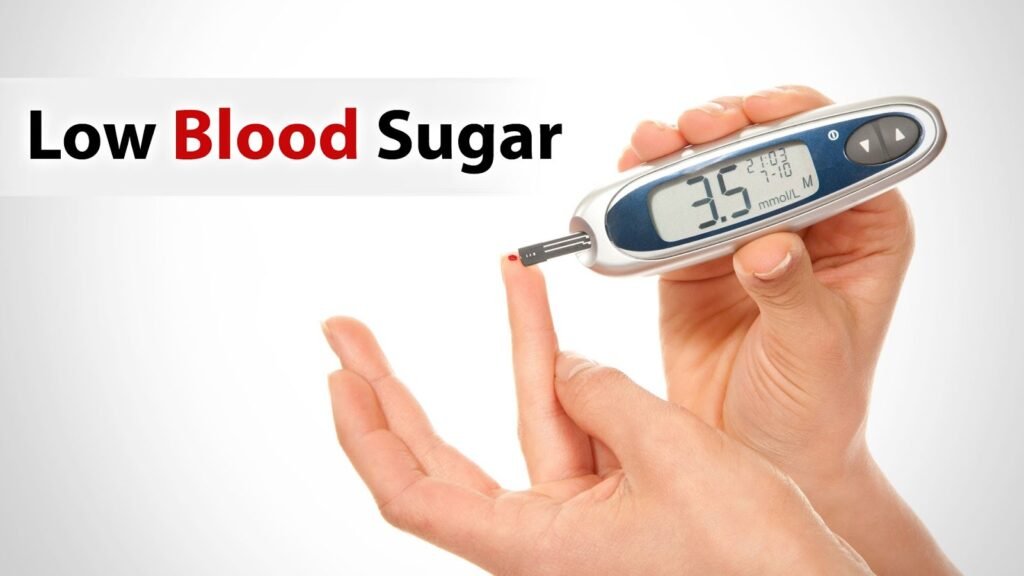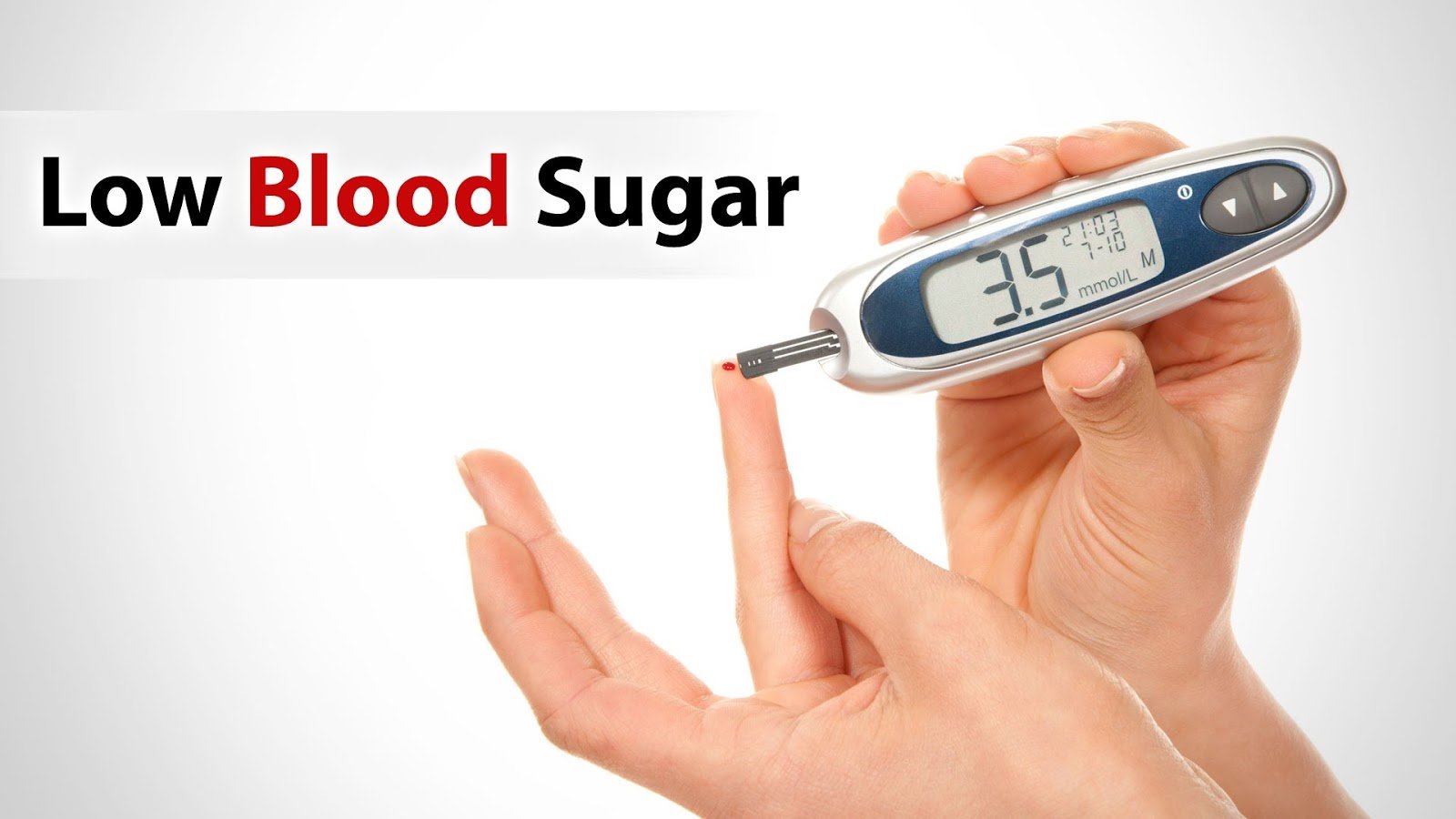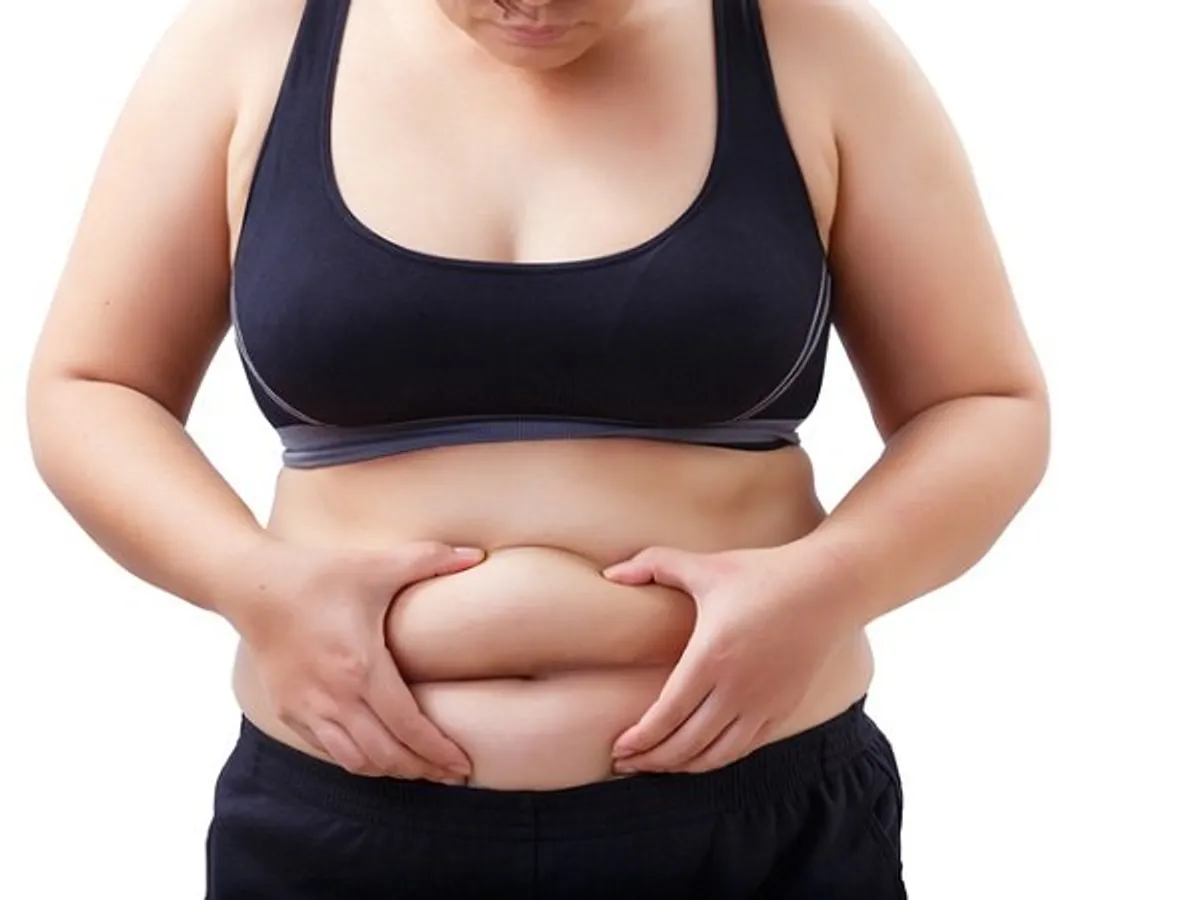What Are Blood Glucose Levels?
Blood glucose levels, often referred to as blood sugar levels, measure the amount of glucose (sugar) present in the bloodstream. Glucose is the primary source of energy for our cells and is vital for overall health. These levels are constantly regulated by the body to ensure they stay within a specific range. Fasting blood glucose levels are measured after an overnight fast and are typically in the range of 70 to 100 milligrams per deciliter (mg/dL) for individuals without diabetes. Postprandial blood glucose levels, which are measured after meals, can temporarily rise but should return to within a healthy range (usually under 140 mg/dL) within a few hours. Monitoring and maintaining proper blood glucose levels are crucial for overall well-being, especially for individuals with diabetes.
Factors That Affect Postprandial Blood Glucose Levels

Detail various factors that can impact post-meal blood glucose levels, such as:
-
- The glycemic index of foods.
- Portion sizes.
- Meal composition (carbohydrates, fats, proteins).
- Physical activity after eating.
- Medications and insulin.
What causes blood sugar crashes in people with diabetes

Blood sugar crashes, also known as hypoglycemia, can occur in people with diabetes when their blood glucose levels drop to abnormally low levels, typically below 70 milligrams per deciliter (mg/dL). Several factors can contribute to blood sugar crashes in individuals with diabetes:
- Excessive Insulin: Taking too much insulin or other glucose-lowering medications can lead to hypoglycemia. These medications are meant to lower blood sugar levels, but an overdose or miscalculation can result in excessively low levels.
- Delayed or Missed Meals: Skipping meals or delaying meals for an extended period can cause a drop in blood sugar. When you don’t eat, your body lacks the glucose it needs to maintain stable levels.
- Inadequate Carbohydrate Intake: Not consuming enough carbohydrates in your meals can lead to hypoglycemia. Carbohydrates are the body’s primary source of glucose, and a balanced diet is essential for managing blood sugar levels.
- Intense Physical Activity: Engaging in strenuous or prolonged exercise without adjusting insulin doses or carbohydrate intake can cause blood sugar to plummet. Exercise increases glucose uptake by muscles, which can lead to lower levels.
- Alcohol Consumption: Alcohol can interfere with the liver’s ability to release glucose into the bloodstream, which can lead to hypoglycemia, especially when combined with diabetes medications.
- Medication Timing: Not taking diabetes medications as prescribed or at the appropriate times can disrupt blood sugar control.
- Infection or Illness: Illnesses, especially those with fever, can increase the body’s demand for glucose and alter insulin sensitivity, potentially leading to low blood sugar.
- Change in Routine: Variations in daily routines, such as meal times, physical activity, or medication schedules, can affect blood sugar levels and increase the risk of hypoglycemia.
Why do people with diabetes get hypoglycemia

People with diabetes are at risk of hypoglycemia (low blood sugar) because their bodies struggle to regulate blood glucose levels effectively. Hypoglycemia occurs when blood sugar drops below normal levels, typically below 70 milligrams per deciliter (mg/dL). There are several reasons why people with diabetes are prone to hypoglycemia:
- Medications: Many individuals with diabetes rely on medications like insulin or certain oral hypoglycemic drugs to lower their blood sugar levels. However, these medications can sometimes lead to excessive glucose lowering, causing hypoglycemia if not carefully managed.
- Insulin Sensitivity: In type 1 diabetes, the body does not produce insulin, and in type 2 diabetes, cells may become less responsive to insulin over time. Insulin is essential for transporting glucose from the bloodstream into cells. When the body lacks insulin or has reduced sensitivity to it, glucose cannot enter cells efficiently, leading to low blood sugar.
- Diet and Meal Timing: People with diabetes need to carefully manage their carbohydrate intake and meal timing. Skipping meals, inadequate carbohydrate consumption, or mismatched insulin doses can result in hypoglycemia.
- Strenuous Exercise: Physical activity can lower blood sugar levels as muscles use glucose for energy. Without proper adjustments to insulin doses or carbohydrate intake, exercise can lead to hypoglycemia.
- Alcohol Consumption: Alcohol can disrupt the body’s glucose regulation. It may initially raise blood sugar levels but can later cause a drop, especially when consumed without food.
- Infections or Illnesses: Illnesses can increase the body’s need for energy, causing it to use more glucose. Additionally, some illnesses can interfere with the body’s normal glucose regulation, making hypoglycemia more likely.
- Hormonal Changes: Hormonal fluctuations, such as those associated with menstruation or stress, can impact insulin sensitivity and contribute to hypoglycemia.
- Duration of Diabetes: Individuals with diabetes for many years may experience a decrease in their ability to sense early signs of hypoglycemia, making them more susceptible to severe lows.
If you have any queries related to medical health, consult Subhash Goyal or his team members on this given no +91 99150 72372, +91 99150 99575, +918283060000




